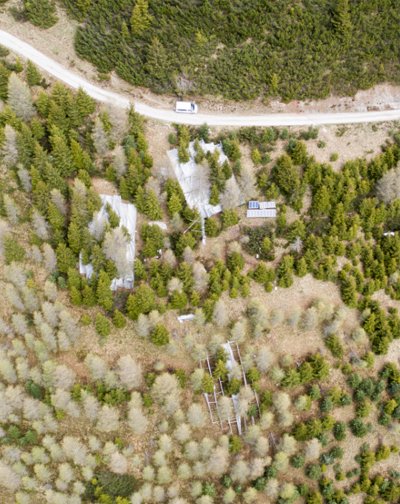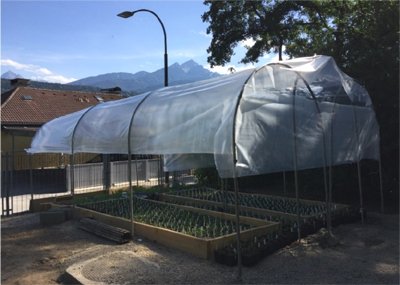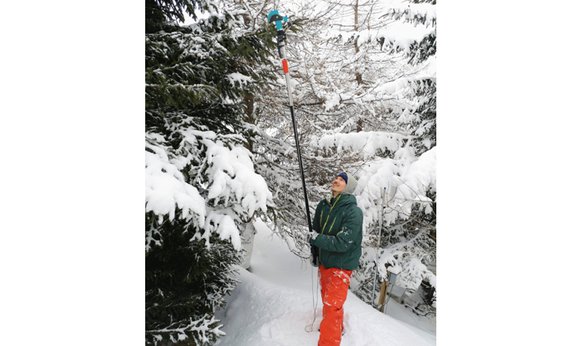Where I grew up, I was surrounded by forests and grasslands. But it was only during the last years at school when I realized the value of living nearby intact nature and how it was subjected to human-induced change. This strong connection to my surrounding landscape became also my motivation to study biology. While during my bachelor’s studies at the University of Innsbruck I became more and more fascinated by nature and, in particular, by the way things in nature are connected and interact, it was not a straight-forward decision to focus on ecology. In fact, during this time I was drawn more towards (medical) molecular biology, resulting in a bachelor’s thesis at a biochemistry lab looking into structural characteristics of mRNA. However, after a whole lot of really interesting lab work, I decided to follow my initial motivation and pursued the master’s program nature conservation and biodiversity management at the University of Vienna. After diving deep into the diversity of central European landscapes (and a really wet rainforest in Costa Rica), this applied ecology master’s led me to work at the local authorities as a conservation expert for a year. However, during this time I felt that my thirst for knowledge about nature was not satisfied. Luckily, thereafter I had the opportunity to start the most interesting PhD I could think of and study in depth how plants in forests and grasslands interact with their surrounding – changing – environment.

Specifically, as one major part of my PhD research, I look into the effects of recurrent drought on tree functioning. Here, we conduct a field experiment at a nearby tree line forest site where trees are subjected to several consecutive years of summer drought by excluding most of the precipitation – and therefore the main source of water – for some trees, while a control group remains exposed to ambient conditions. By studying tree growth and water use with very high resolution coupled with measurements to quantify plant stress and carbon use, we get novel insights on how the trees that have no experience with severe drought respond to a sustained lack of water. As we know only little about the effects of more frequent droughts – one of the consequences of human-induced climate change – this approach also allows us to study whether or not trees are able to adapt to changing conditions within a short time.

With the research part of being a PhD student, it feels like I can contribute a little something to tackle some of today’s most pressing issues. Furthermore, I don’t only have the chance to specialize on a certain topic, but also to constantly evolve my expertise and general skills. To be in constant exchange with colleagues from within our working group Functional Ecology that come from a wide range of different backgrounds, but also with international collaborators broadens one’s horizon. Finally, teaching courses gives me the opportunity to rethink what I have learnt, share knowledge and, not least, share my enthusiasm about nature.
Florian Oberleitner
Research Group: Functional Ecology
Florian.Oberleitner@uibk.ac.at

